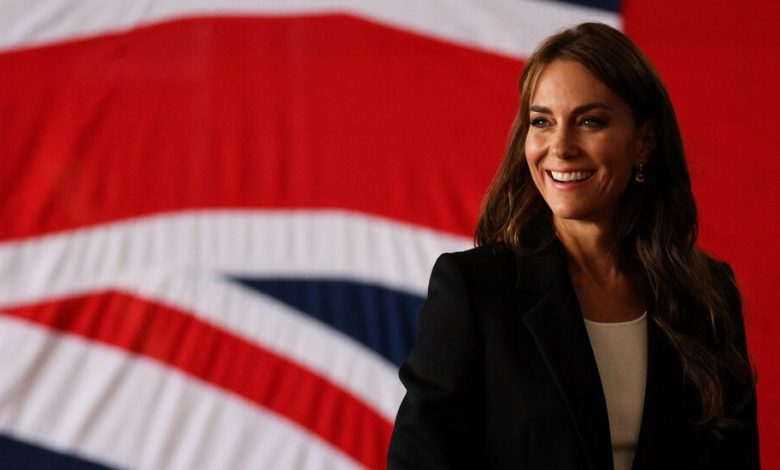Russian Group Spread Disinformation About Princess of Wales, Experts Say

The whirl of conspiracy theories that enveloped Catherine, Princess of Wales, before she disclosed her cancer diagnosis last week probably didn’t need help from a foreign state. But researchers in Britain said Wednesday that a notorious Russian disinformation operation helped stir the pot.
Martin Innes, an expert on digital disinformation at Cardiff University in Wales, said he and his colleagues tracked 45 social media accounts that posted a spurious claim about Catherine to a Kremlin-linked disinformation network, which has previously spread divisive stories about Ukraine’s president, Volodymyr Zelensky, as well as about France’s support for Ukraine.
As in those cases, Professor Innes said, the influence campaign appeared calculated to inflame divisions, deepen a sense of chaos in society, and erode trust in institutions — in this case, the British royal family and the news media.
“It provokes an emotional reaction,” he said. “The story was already being framed in conspiracy terms, so you can appeal to those people. And people who support the royal family get angry.”
The motive, he said, was likely commercial as well as political. Social media traffic about Catherine skyrocketed over the last three months, as a dearth of information about her condition created a void that an online army filled with rumors and speculation. For the Russian network, amplifying those posts through their accounts would enable them to boost their own traffic statistics and follower counts.
It is not clear who might have hired the disinformation network to go after Catherine, but it has a track record of campaigns to undermine the countries and people at odds with the Kremlin. Britain’s robust support for Ukraine, and London’s longstanding antagonism with Moscow, would make it a tempting target for the Russians.
